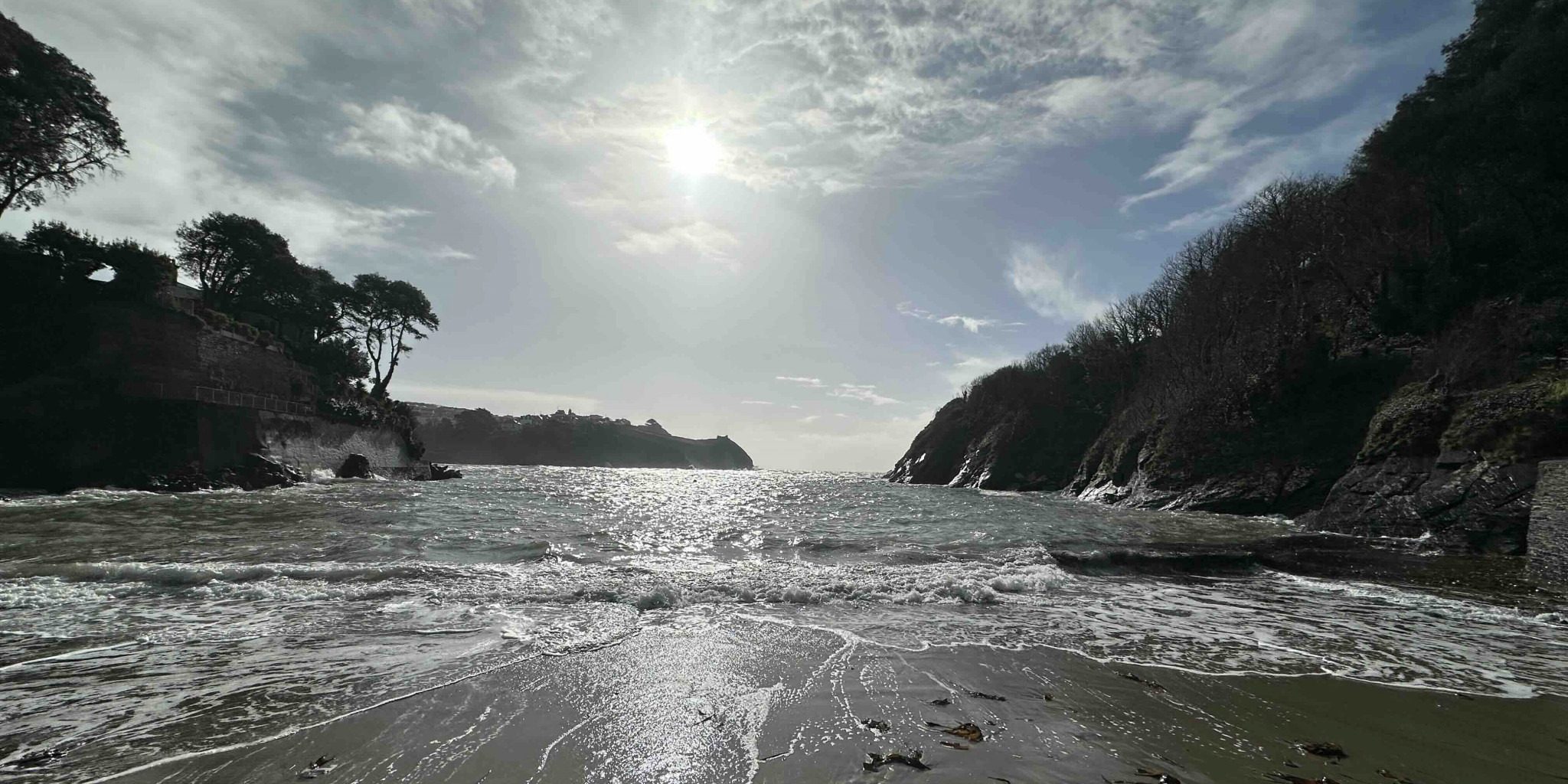Why do we feel happier by the sea?
The crashing waves, the blazing sun, the unmistakable sound of an ice-cream van – nothing beats a day at the seaside. No matter where you take your bucket and spade to, from Barry to Brighton, Porthcawl to Penzance, just that little bit of time spent by the sea seems to instantly make any summer’s day better. But the question is, then: why do we feel so much happier by the sea? Is it as simple as the fact that memories of childhood caravan holidays come flooding back to us, or does the answer lie somewhere deeper? Does science hold the key to understanding the secret joys of the seaside?
Coastal settlements and seaside towns are often filled with ageing, retired populations, which means they are sometimes seen as being some of the unhealthiest areas of the country. Blackpool, for example, has the lowest male life expectancy of any town in the UK. However, for at least a decade, scientists have been researching the benefits of being near ‘blue spaces’ – the sea, rivers, lakes – and have found that being close to such open bodies of water can actually come with an array of benefits for our physical and mental wellbeing, despite these statistics. Not only does it increase our exposure to vitamin D, one of the key nutrients we need to keep our bones and muscles healthy, but it can also boost our social relations and even minimise our stress levels – which, no doubt, we all need after a hectic exam season.
A report on health in coastal communities in 2021 found that those who live near the sea tended to have lower stress levels as a whole than those in urban, inland areas. The constantly changing nature of the waters – as waves crash onto the beach, and as the tide goes in and out – can help to maintain our hormone levels. Just simply gazing at the sea can boost our oxytocin – the hormone which helps us to foster bonds with our loved ones. More than that, as the sea acts as a distraction, our cortisol levels – the stress hormone, especially triggered by excessive technology use – decreases, with beachgoers tending to engage in more traditional activities, such as rock pooling and paddleboarding, keeping us far away from our phones and our ‘doom scrolling’ habits.
Surfing, swimming, and sailing are often activities of choice for those heading to the seaside in the summer, and these activities – combined with the psychological benefits of ‘blue spaces’ – could be the recipe for a perfect, relaxed summer’s day
Despite all this, green spaces – rather than ‘blue spaces’ – still seem to be the focus of many studies on the health benefits of being outdoors. While there are, undoubtedly, many benefits to getting out on a long walk in nature, it seems that the ubiquity of these studies are misplaced – and it should be the ‘blue spaces’ that we are celebrating for their health-boosting and stress-busting abilities.
A 2013 study carried out by academics from LSE found that people overwhelmingly felt happiest in marine and coastal environments, with lower levels of pollution, extensive psychological benefits, and the increased likelihood of desiring to exercise all listed as contributing factors. Surfing, swimming, and sailing are often activities of choice for those heading to the seaside in the summer, and these activities – combined with the psychological benefits of ‘blue spaces’ – could be the recipe for a perfect, relaxed summer’s day, according to environmental psychologist Dr Mathew White.
Arguably though, it is perhaps an unrelated, but certainly as important, factor that can really tell us why we are happy by the seaside – the joy of ice-cream!
“You’re really in tune with natural forces [by the sea] – you have to understand the motion of the wind, the movement of the water,” White told The Guardian. It is this, and the immersive experience of being by the sea, getting “back in touch with our historical heritage cognitively”, that allows us to relax more at the seaside, the Exeter professor says.
Arguably though, it is perhaps an unrelated, but certainly as important, factor that can really tell us why we are happy by the seaside – the joy of ice-cream! Joking aside, it has really been proven that eating ice-cream can make us happy. Scientists at the Institute of Psychiatry in London found that just a spoonful of the vanilla favourite can trigger the same ‘happy zones’ in our brain – the response of the orbitofrontal cortex – as listening to our favourite music can, for example. So, ice-cream may indeed play as much of a role as the sea itself.
Therefore, while Warwick may be one of the most inland universities in the country, don’t rule out adding a beach trip to your list of post-exams plans – it may hold the key to the stress relief that you and your housemates undoubtedly need at the end of Term 3.

Comments